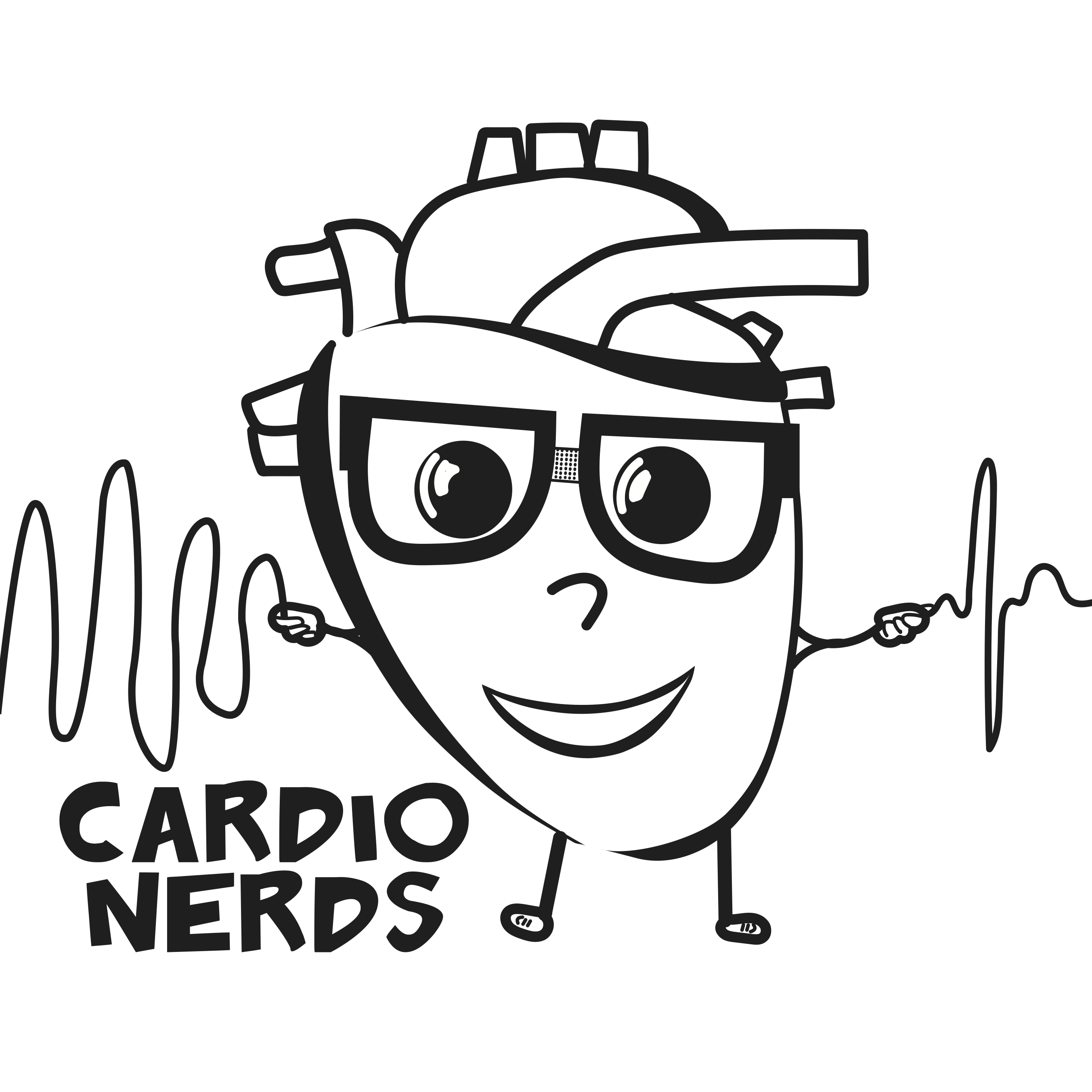91. Aspirin, Vitamin D, Calcium & Omega 3 Fatty Acids Supplementation with Dr. Erin Michos

The CardioNerds (Carine Hamo and Daniel Ambinder) discuss aspirin as primary prevention, Vitamin D, Calcium, and omega 3 fatty acids supplementation with Dr. Erin Michos, director of women's cardiovascular health and the associate director of preventive cardiology with Johns Hopkins Ciccarone Center for the Prevention of Cardiovascular Disease. We are also joined by Dr. Michos' mentees, Dr. Rick Ferraro, Dr. Andi Shahu, and student doctor Sunyoung (Sarah) Jang for a discussion about mentorship and career development. This episode was produced by Dr. Rick Ferraro and Dr. Carine Hamo. Show notes & references by Dr. Amit Goyal. \n\n\n\nEpisode graphic by Dr. Carine Hamo\n\n\n\nCardionerds Cardiovascular Prevention PageCardioNerds Episode PageSubscribe to our newsletter- The HeartbeatSupport our educational mission by becoming a Patron!\n\n\n\n\n\n\n\nShow notes - Aspirin, Vitamin D, Calcium & Omega 3 Fatty Acids Supplementation \n\n\n\nWhat is the role of aspirin for primary ASCVD prevention?\xa0\n\n\n\nThe Conundrum: ASCVD event rates are much lower in the primary prevention than in the secondary prevention population, BUT the bleeding rates are comparable. So in the primary prevention patients, the bleeding risk is just as high, but the propensity for benefit is lower.\xa0The Question: Does low dose aspirin have a place in the primary prevention of ASCVD events.\xa0The Data:\xa0ARRIVE Trial: in moderate risk nondiabetic patients without prior ASCVD events, there was no different in the composite ASCVD end point, but there was an increased risk of bleeding (mostly mild GI bleeding).\xa0Thus, in the moderate risk patients --> primary prevention aspirin has an unfavorable risk-benefit profile.\xa0The benefit in a higher risk (>10-20% estimated 10-yr risk) remains unclear.\xa0\xa0ASCEND Trial: In men and women age \u2265 40yrs with diabetes without prior ASCVD events, there was a modest benefit (NNT = 59 patients for 10 years to prevent 1 major ASCVD event) counterbalanced by a similar magnitude of harm (NNH = 77 patients for 10 years to cause 1 major bleeding event).\xa0Thus, in adults with diabetes --> primary prevention aspirin had a neutral risk-benefit profile.\xa0ASPREE Trial: in elderly patients (\u2265\xa070 years;\xa0\u2265\xa065 years for Hispanic or Black patients) without prior ASCVD events, there was no difference in ASCVD events but there was a significant increase in bleeding events (NNH = 42 patients for 10 years to cause 1 major bleeding event). The trial was stopped early due to futility. Interestingly, there was higher all-cause mortality driven primarily by cancer. Importantly, patients had to have a life expectancy longer than 5 years and those with dementia, substantial physical disability, or high estimated bleeding risk were excluded.\xa0Thus, in elderly patients --> primary prevention aspirin led to overall harm.\xa0\xa0The Recommendations:\xa0There was insufficient evidence to recommend a specific risk threshold for starting primary prevention aspirin. This may be due to more widespread contemporary prevention strategies like lifestyle management, tobacco cessation, statin use, better blood pressure control, etc.\xa0\xa0Individualize the decision based on the totality of evidence for an individual's risk of ASCVD events versus bleeding events. Notably, those with higher ASCVD risk generally also have a higher bleeding risk.\xa0\xa0\xa0\xa0\xa0\xa0\xa0\xa0\xa0\xa0\xa0Class IIB: Low-dose aspirin (75-100 mg orally daily) might be considered for the primary prevention of ASCVD among select adults 40 to 70 years of age who are at higher ASCVD risk but not at increased bleeding risk.\xa0There may be a role for primary prevention aspirin in select adults with a high estimated ASCVD risk and low bleeding risk.\xa0CAC score\xa0\u2265\xa0100 may help identify those might benefit from primary prevention aspirin.\xa0\xa0\xa0\xa0\xa0\xa0\xa0\xa0\xa0\xa0\xa0As always, shared decision making remains\xa0\xa0\xa0\xa0\xa0\xa0\xa0\xa0\xa0\xa0 crucial.\xa0Class III: Low-dose aspirin (75-100 mg orally daily) should not be administered on a routine basis for the primary prevention of ASCVD among adults >70 years of age.